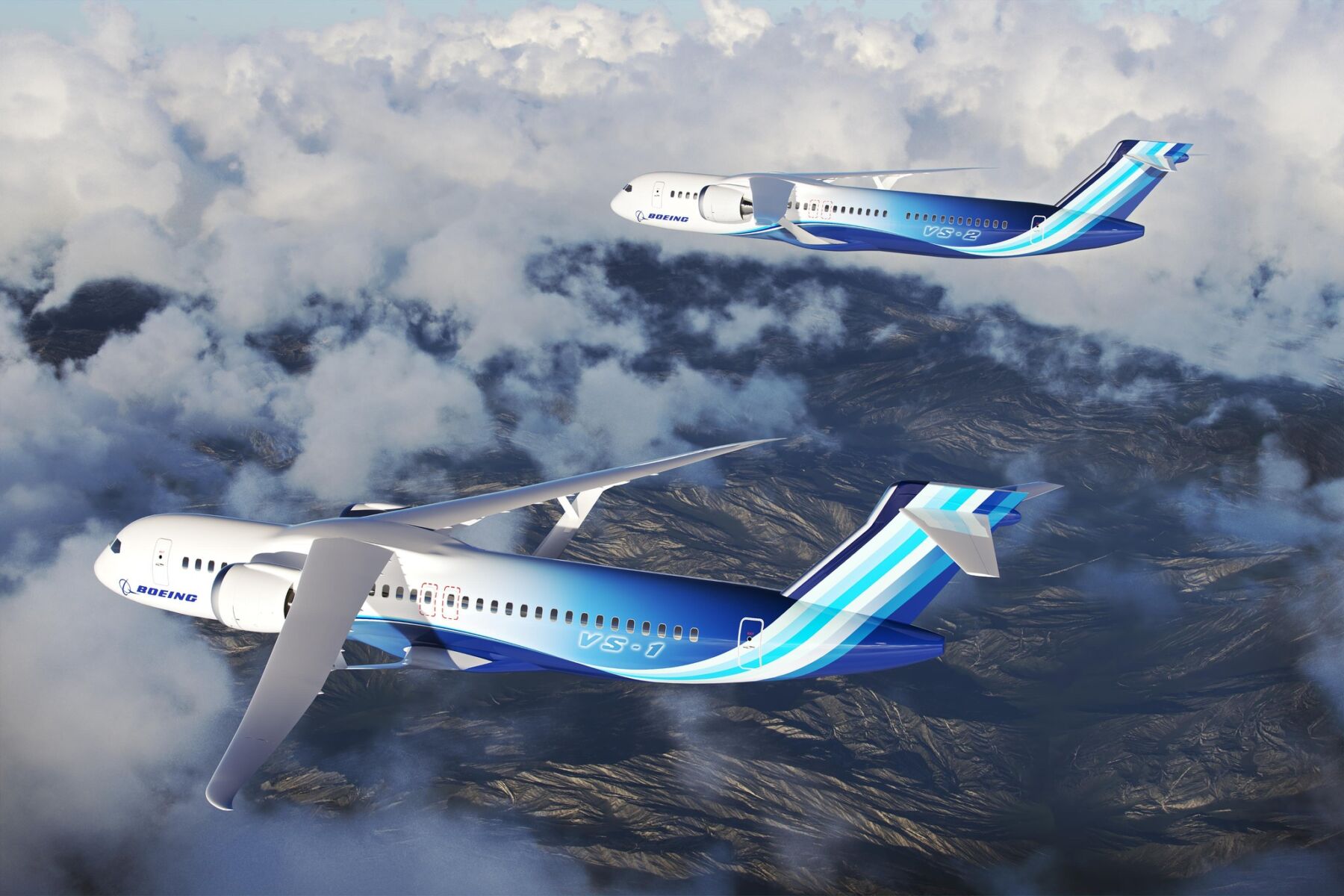Boeing launches Cascade tool to aid zero-emission aviation by 2050

Boeing Co has introduced a data modelling tool, Cascade, designed to assist airlines and policymakers in determining the most efficient route to achieve zero aviation emissions by 2050.
The tool enables users to manipulate various variables, such as the adoption of sustainable fuels or electric propulsion, the replacement of older aircraft, operational enhancements, and other advanced technologies, to better comprehend how these factors may contribute to a reduction in carbon emissions over time.
In July 2022, a beta version of Cascade was released, but it was not publicly accessible. The model has since been enhanced to allow users to project data up to 2050, rather than only visualising a single point in time, according to the company. Boeing officials believe that a combination of technological and process changes will be required to make a significant impact on emissions.
During a recent event hosted by the US planemaker and attended by airline and government officials, Boeing Chief Sustainability Officer Chris Raymond stated that sustainable aviation fuel (SAF) offers the most immediate pathway for the aviation sector to reduce its carbon footprint. SAF can be used by airlines right away, while advancements in electric or hydrogen-powered aircraft may not be sufficiently mature to significantly lower emissions before 2050.
Cascade’s public launch follows a meeting between US Transportation Secretary Pete Buttigieg and counterparts from Canada, the United Kingdom, and Singapore at the Asia-Pacific Economic Cooperation forum to discuss investments in SAF. European Union countries are set to finalise SAF targets for airports despite some resistance from airlines, as reported by Reuters on Tuesday.
SAF, which is produced from waste feedstocks such as cooking oil, remains costly and in short supply. In 2022, total SAF production in the United States accounted for less than 0.1% of the total jet fuel used by major US airlines, as per the Government Accountability Office.
Raymond said, “Our intent is to scale SAF and help it scale by first … examining what has to change in an airplane to be 100 per cent compatible with (SAF).” He added, “We have to help advocate for the policies that will help the industry scale up (production).” Boeing announced in February plans to double its SAF purchases in 2023, acquiring 5.6 million gallons of fuel from Neste, reports Channel News Asia.
Latest Thailand News
Follow The Thaiger on Google News:


























